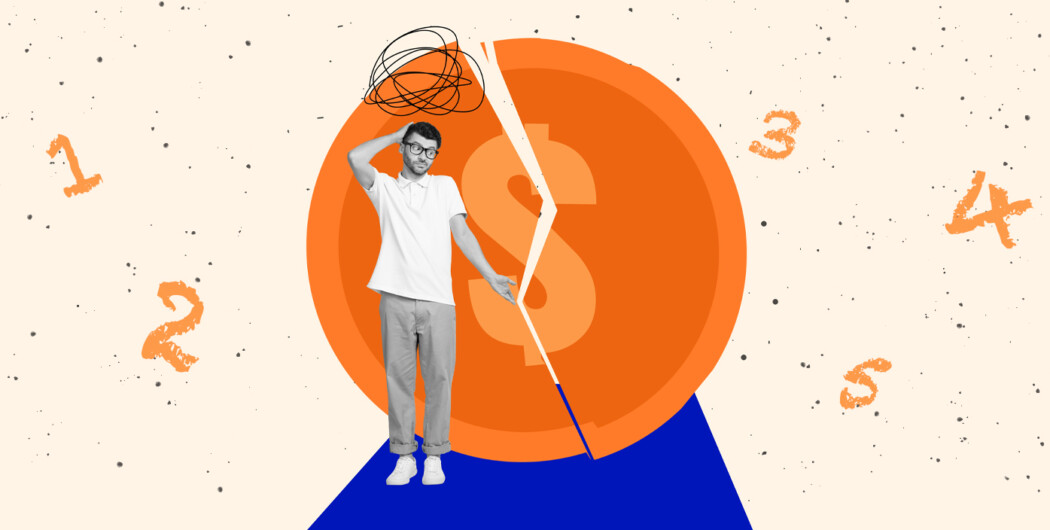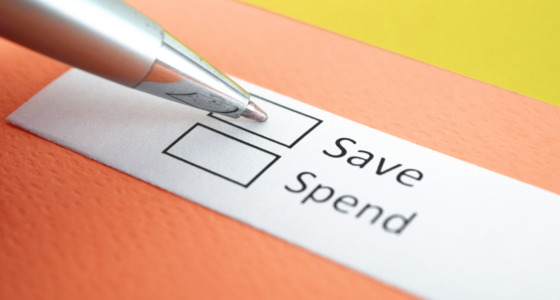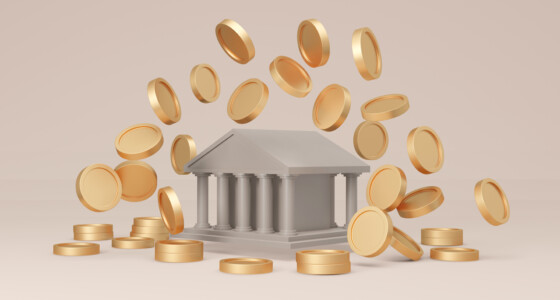

What are examples of bad financial habits?
People have indulgences, and their daily financial habits don’t always reflect the smartest decision-making. But there are varying degrees of bad financial decisions. On the one hand, the habit of buying a slightly overpriced coffee on some mornings will not make much difference to your overall financial situation (probably).
On the other hand, these habits will make it hard to find your footing in personal finance:
- Ignoring your debt (or not even knowing how much debt you carry)
- Impulse buying and having no justification for it
- Spending money just to boost your mood
- Always increasing your spending when you increase your income
- Forgetting about your subscriptions
How to spot a bad habit
The quickest way to spot a bad habit is to ask your friends and family. If the habit is serious enough, they’ll quickly point out the behaviors that are worth dropping.
Although, you may be the only one feeling the consequences of your bad financial decisions. Such cases require introspection. Here are a few qualifiers for bad financial habits:
- This habit keeps you from being your best.
- You suffer negative consequences from it.
- Society generally takes a dim view of it.
- You’re ashamed of doing it.
- You’re doing it without even noticing.
- Personal finance articles list it under the “don’ts” section.
If a habit ticks more than one box, you have your answer.

How to break bad habits

Now that you know your bad habits, let’s break the cycle. For better or worse, the brain evolutionarily doesn’t make changes easily, so you’ll have to come up against resistance. These three effective behavior modification techniques should make it smoother sailing:
Figure out the “why”
There are two ways to approach this point: why do you have this habit, and why do you want to change it?
It’s likely that certain financial habits were ingrained in you from childhood. You’ve seen how your parents and other adults handle money and subconsciously decided to either mimic it or go in the opposite direction. Self-awareness alone won’t change the present, so move on to the second question.
Knowing why you want to change will emphasize the benefits you’ll see from the change and motivate you to take action.
Cut out the triggers
Does your habit follow any pattern? Spend a few days or weeks tracking your bad habit and see what’s the common denominator in various unfortunate situations.
Perhaps you’re compelled to impulse buy when you go to the mall. Solution: shop online. You could be making your worst financial decisions around certain people. Solution: discuss the issue with them and cut out the truly toxic people.
Adopt a replacement habit
Research shows that simply ending a bad habit doesn’t work, and it’s easier for people to control their behavior if they have good habits that are in line with their long-term goals.
Let go of your bad habits by substituting them with good financial habits. It may be more fruitful to pick habits that are vaguely similar. For example, instead of buying stuff to improve your mood, watch an episode of your favorite feel-good TV show.
Takeaway
It’s not too late to break resilient habits in honor of pursuing your financial goals. You can foster the discipline to ditch whatever’s derailing your success and replace it with the best financial habits. If you’ve acknowledged the problem, you’re halfway there.








